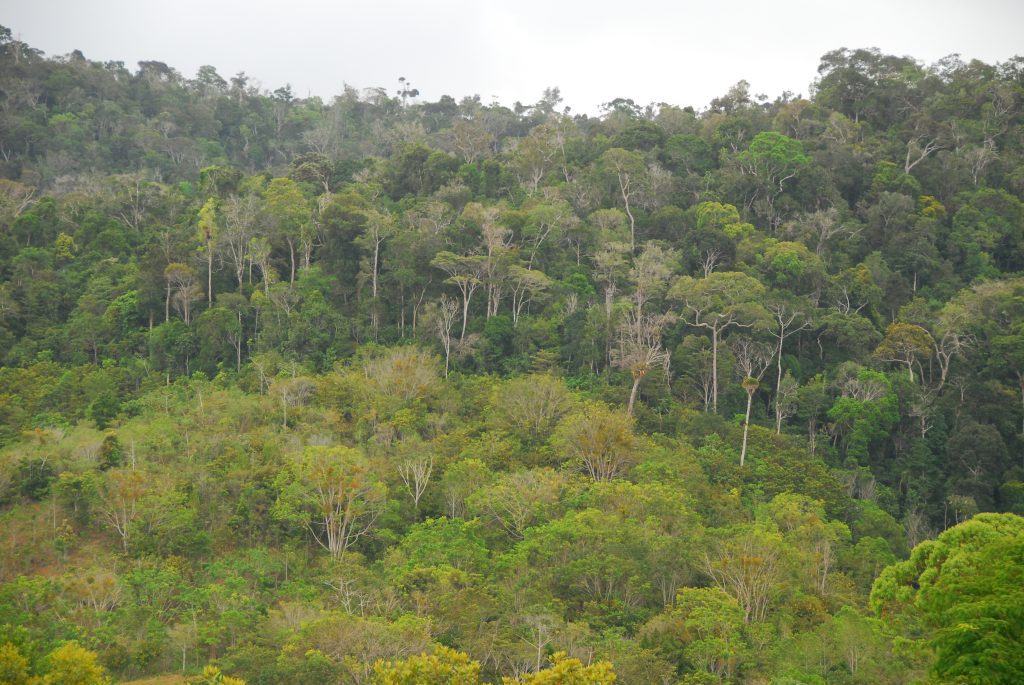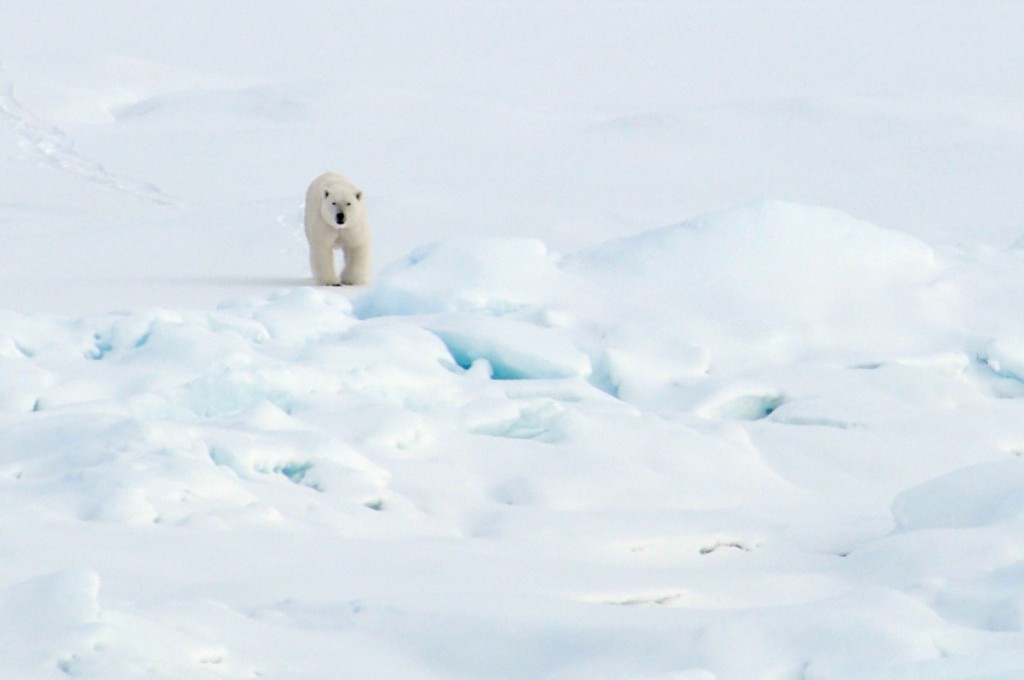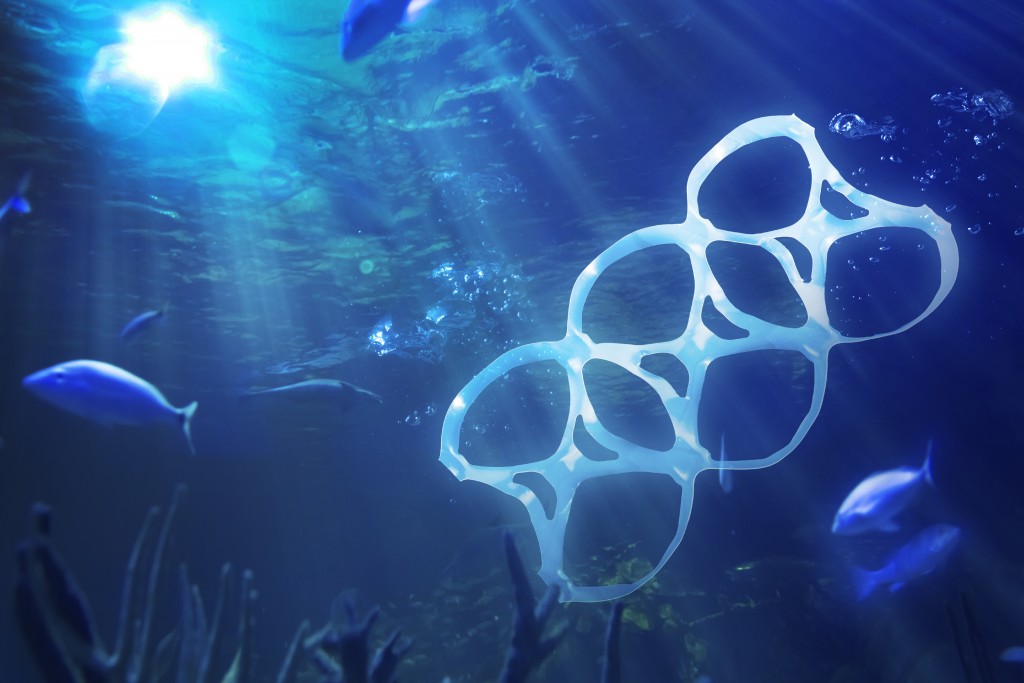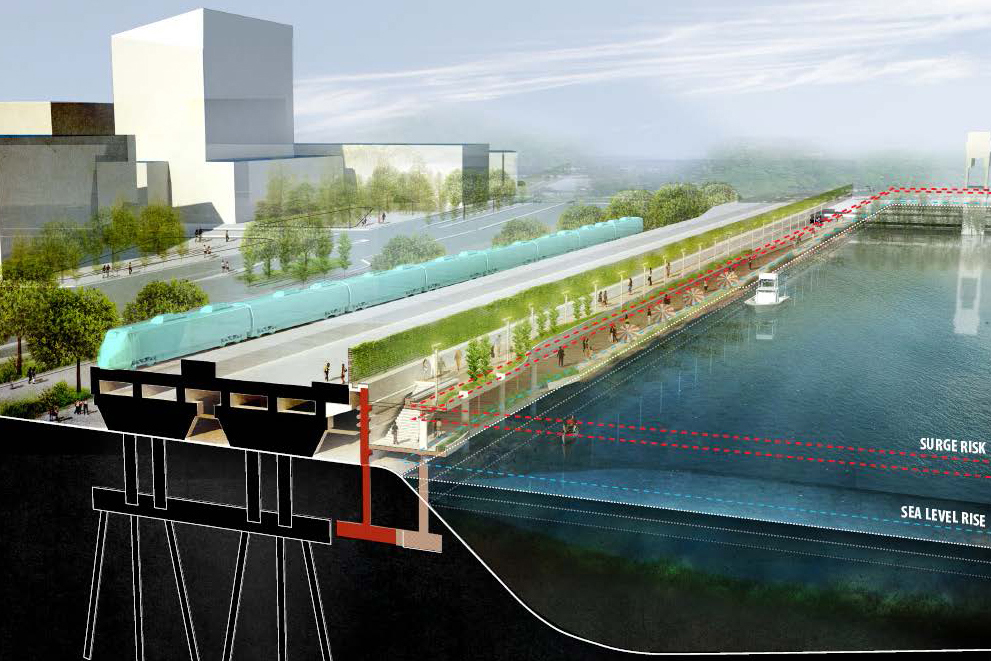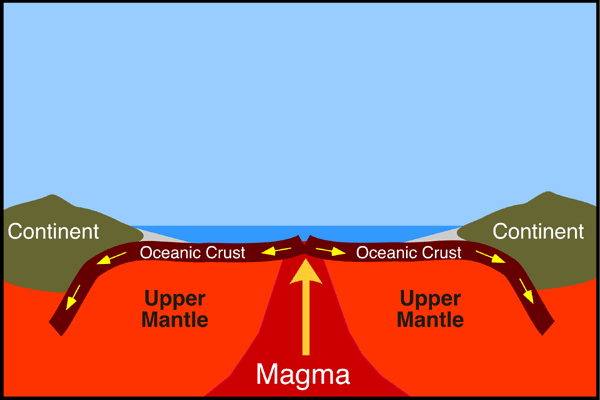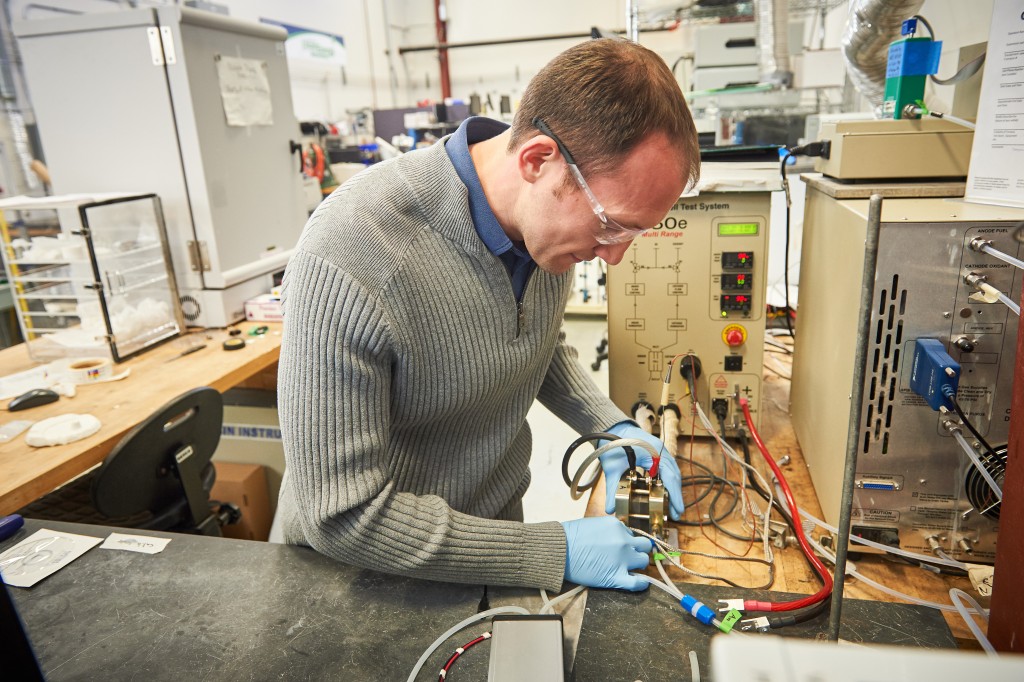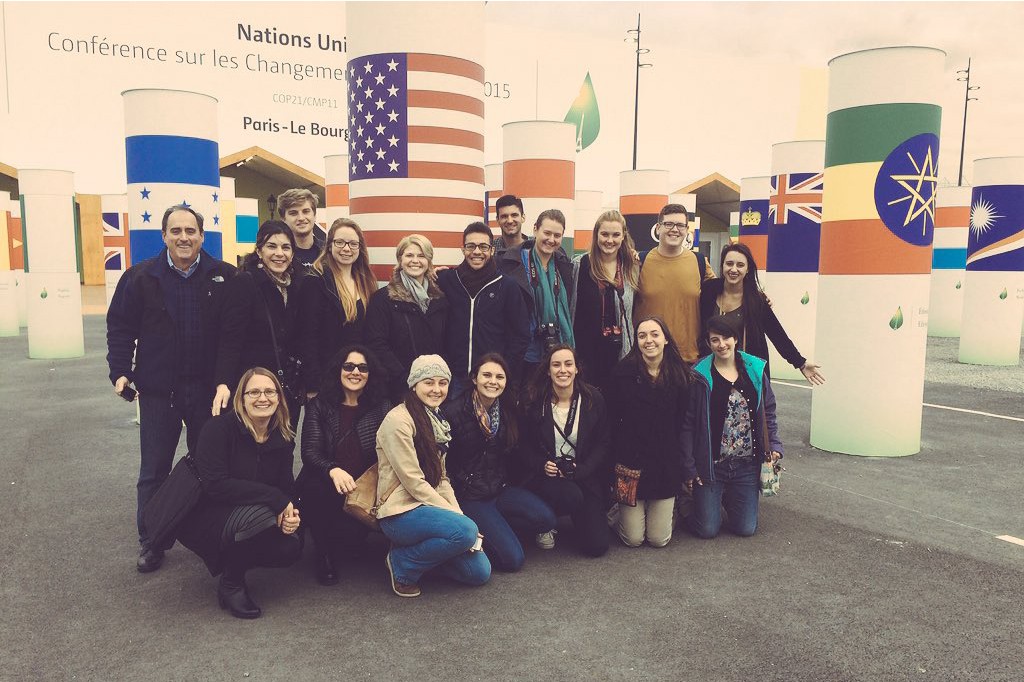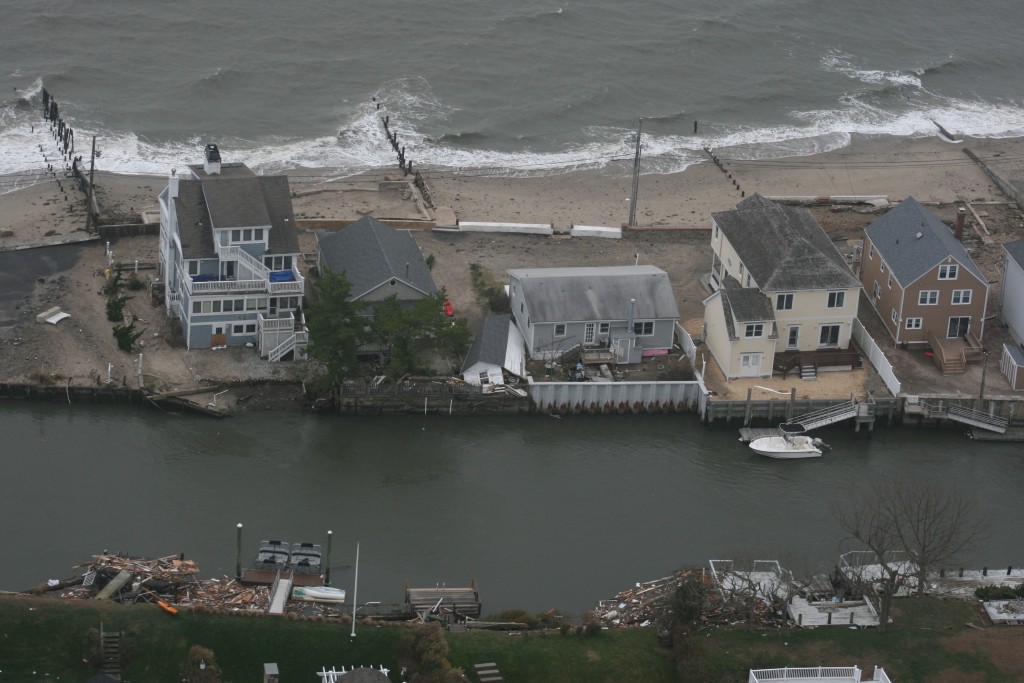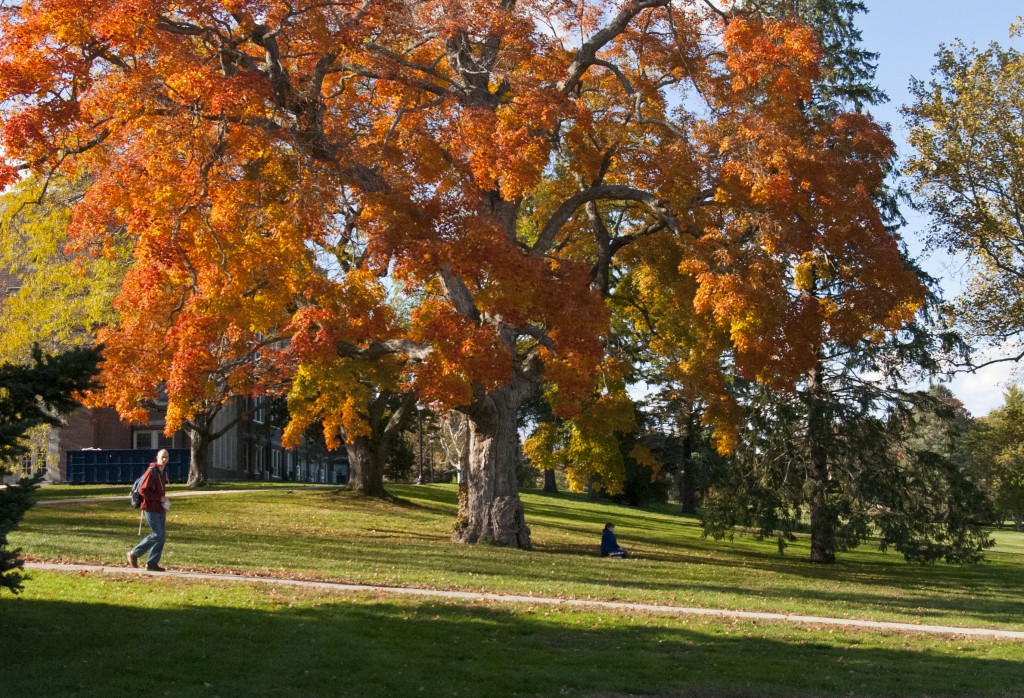Climate change
Not Just A Day at the Beach
'Beaches were once places where respectable people would never think of going.' A UConn historian traces how beaches evolved into popular summer playgrounds.
June 14, 2016 | David Bauman
Natural Regrowth of Tropical Forest Helps Reach Climate Goals
Natural regeneration can be a low-cost way of helping the environment while storing excess carbon.
May 16, 2016 | Sheila Foran
Going, Going, Gone: Toxic Change
A UConn researcher is studying how global warming has changed the diet of Arctic marine mammals, and the impact of pollution at the top of the food chain.
March 7, 2016 | Sheila Foran
The State of the World’s Oceans
UConn marine biodiversity expert Ann Bucklin discusses the issues raised in the United Nations' recent World Ocean Assessment.
February 10, 2016 | David Bauman
Climate Resiliency Project Wins Federal Competition
UConn researchers helped design the project, which works with the local geography to protect Bridgeport residents and infrastructure.
February 2, 2016 | Kim Krieger
Activity on Seafloor Linked to Icy Ebb and Flow on Surface
Hydrothermal activity along mid-ocean ridges helps explain why ice ages come and go, according to a UConn marine scientist.
January 28, 2016 | Sheila Foran
Using Advanced Chemistry to Combat Climate Change
UConn researcher William Mustain is building a new device that captures carbon dioxide from power plant exhaust using advanced materials and chemistry.
January 25, 2016 | Colin Poitras
Blogging from Paris: UConn@COP21
Two UConn undergraduates reflect on the Paris climate conference, which is wrapping up its deliberations this weekend.
December 11, 2015 | Combined Reports
Researchers Tackling Flood Maps
Current maps used to assess flood risk are like a paint roller compared to UConn's "fine brush,"
October 30, 2015 | Kim Krieger
Climate Change Could Affect Fall Foliage Timing
A century from now, autumn in New England may happen earlier in some places and later in others, according to a new UConn study.
October 20, 2015 | Christine Buckley

